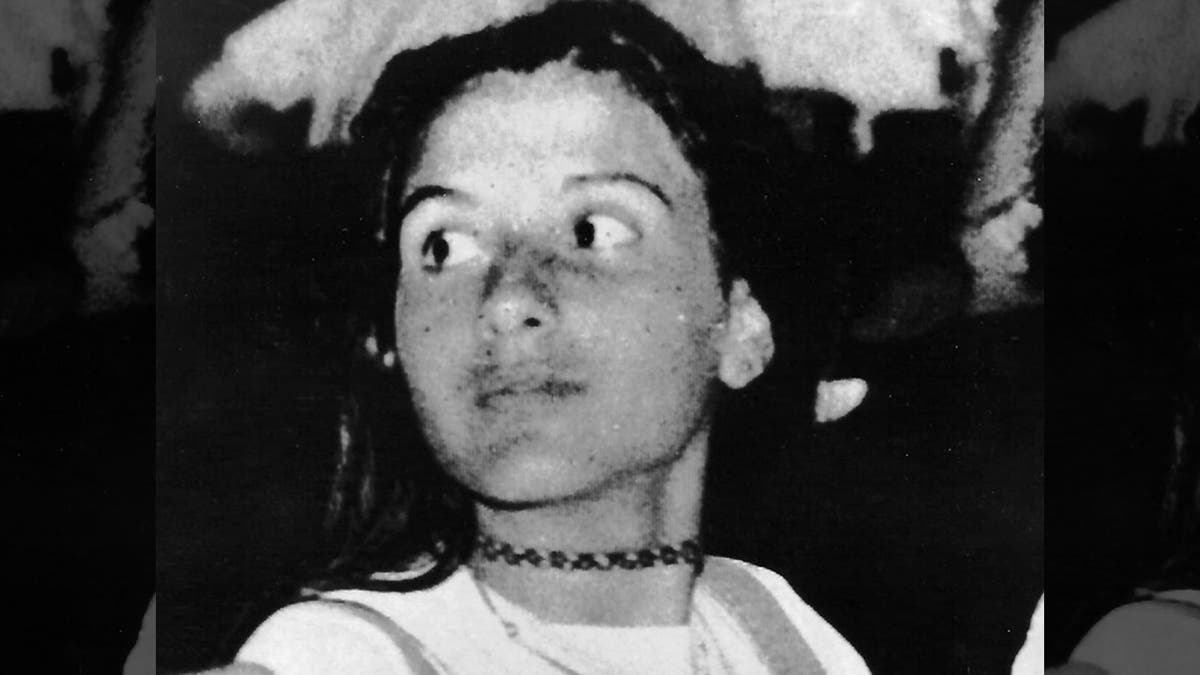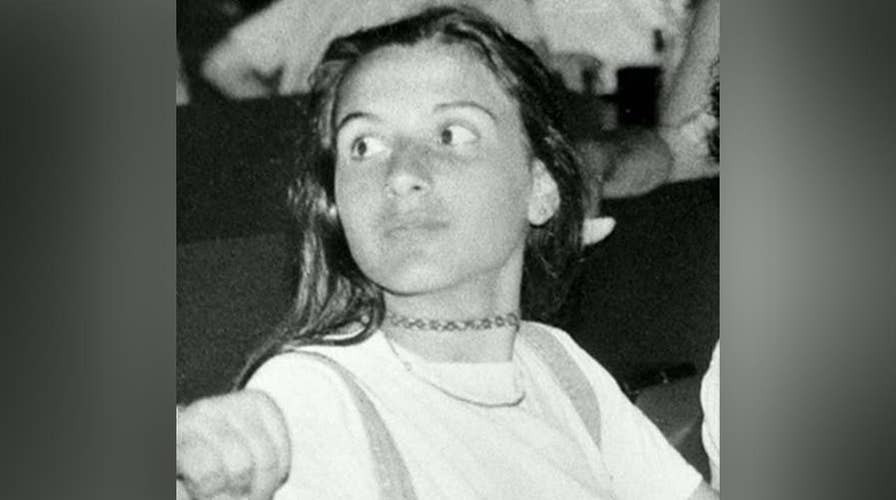Vatican to open tombs in search for missing girl
Anonymous letter suggests Emanuela Orlandi could be buried at Vatican City cemetery; Amy Kellogg reports from Milan, Italy.
The tombs of two 19th-century German princesses were pried open at a tiny Holy See cemetery Thursday and turned out to be completely empty, dashing any expectations they held the remains of a teenager who vanished in 1983 after leaving her family's Vatican City apartment.
Emanuela Orlandi's disappearance is one of Italy's most enduring mysteries, and the opening of the tombs at her family's request was the latest search for possible leads to fail. Instead, the gravesite inspections raised only new questions: what happened to the remains of the two princesses who were buried in the side-by-side tombs in 1836 and 1840, respectively, in peaceful Teutonic Holy Field near St. Peter's Basilica?
"The tombs are empty. We are all amazed," Orlandi family lawyer Laura Sgro told reporters. Sgro had received an anonymous letter suggesting the family check out the tomb in the cemetery where a stone angel holds a scroll reading in Latin "Rest in peace."
Witnessing the tomb's opening along with Sgro, and a technical expert for the Orlandi family was also Pietro Orlandi, whose 15-year-old sister disappeared after she went to her music lesson in Rome on June 22, 1983. The siblings' father worked as a messenger for the Vatican, and the family lived in Vatican City State.
The Vatican said in a statement that the opening of the tombs "yielded a negative outcome. No human remains nor funereal urns were found."

This picture taken on Wednesday, July 10, 2019 shows the view of the Teutonic Cemetery inside the Vatican. (AP Photo/Gregorio Borgia)
It said the inspection of Princess Sophie von Hohenlohe's tomb turned up an underground chamber measuring roughly 13 by 12 feet that was "completely empty." Then the stone lid of an adjacent sarcophagus of Princess Charlotte Federica di Mecklenburg was removed and inside "no human remains were found," the Vatican said.
It added that relatives of the two princesses were informed that the tombs of their loved ones were empty.
A Holy See spokesman, Alessandro Gisotti, said the Vatican is combing through documentation about two structural projects that involved the cemetery area, one in the late 1800s, and the other between the 1960s and 1970s, in case that work might explain why the princesses' remains weren't there.

Human bones were uncovered during renovation efforts near the Vatican’s embassy in Rome, prompting officials to investigate the identity of the remains and whether they could be those of a Vatican employee’s teen daughter who vanished more than three decades ago, according to a report. (AP)
The Vatican had announced it had engaged a forensic anthropology expert, a professor of forensic medicine at a Rome university, to examine the remains and prepare them for DNA testing. But that arrangement proved premature when no remains were found.
Pietro Orlandi said that in a certain sense that no bones were found was "personally a relief," since it would have been upsetting to view remains that might have been those of his sister.
CLICK HERE TO GET THE FOX NEWS APP
Speculation has swirled around Orlandi's fate for years. Conspiracy theories have abounded, including perhaps she was kidnapped as a part of a failed bid for the release of the Turkish gunman who shot and severely wounded Pope John Paul II in St. Peter's Square in 1981.
Last year, two set of remains were found during renovations in the basement of a building on the grounds of the Vatican's embassy in Rome. Scientific testing ruled out that the remains were Orlandi's.

